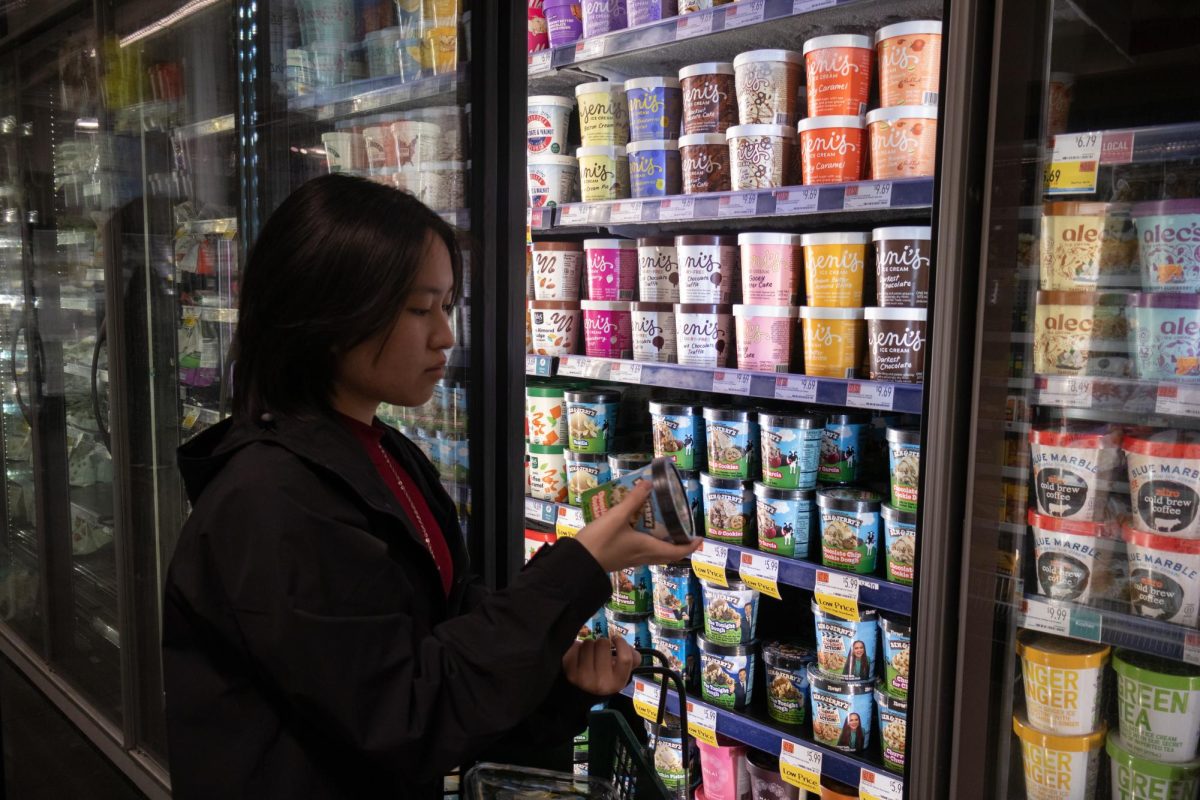The outbreak of the coronavirus in Wuhan, China, has had economic repercussions within and beyond the nation’s borders.
Chinese firms are forced to keep their factories closed while much of the nation’s population stays home to avoid contracting the virus.
The businesses abroad must deal with the effects of a major supply chain partner being unable to operate normally.
While firms are gradually reopening, prolonged closures have negative impacts on a variety of industries.
Following the outbreak, Apple Inc. closed all its stores located in China. It was planning to reopen its retail locations on Feb. 9, but it extended closure indefinitely in early February.
As of Feb. 9, only 10% of employees have returned to work at Foxconn factories in Zhengzhou and Shenzhen, where Apple’s iPhones are assembled.
In Wuhan, there are five major LCD factories whose operations were disrupted when the Chinese government quarantined the city.
Resulting production cuts may force Chinese LCD producers to raise prices, according to IHS Markit analyst David Hsieh.
Factory closures are affecting more than just the tech industry.
While many automakers in China are in the process of reopening factories to resume vehicle production, the extended closure causes them to take more time to reach full capacity than previously planned.
Tesla Inc. expects to see a 1-1.5 week delay in reaching full production of its Shanghai-produced Model 3 cars due to the effects of the virus.
Hyundai Motor is idling all 7 of its plants in the country, citing a lack of parts from Chinese suppliers.
LMC Automotive, a provider of automotive industry forecasting figures, expects auto production in China to decline by 3-5 % this year due to the disease.
The economically damaging effects of the virus’ spread is reaching beyond the borders of China and into other parts of Asia in addition to the nation’s trade partners.
With a world gross domestic product share of over 15%, hits to the Chinese economy are sure to be felt globally.
According to Moody’s Analytics chief economist Mark Zandi, a 1% sustained reduction in the real GDP of China can result in a 0.4% drop in world GDP, excluding China.
The world is expected to see a drop in GDP by 0.8% for the first quarter of 2020 and .3% for the year.
If world economic growth slows to a great extent, unemployment could rise and the risk of a recession could become uncomfortably high, according to Zandi.
Major slowdowns in Chinese tourism are impacting other parts of Asia and the United States.
The Tourism Authority of Thailand estimated that tourism revenues in the country would fall by about $3 billion due to reduced numbers of Chinese tourists, but is now expecting that figure to rise as tourists from other nations avoid traveling to the Asian region overall.
The United States usually hosts about 3 million tourists from China each year who spend an estimated $6,700 per person per trip.
A heavy reduction in tourism can account for a drop in first-quarter U.S. GDP of about 0.2% according to Moody’s Analytics.
The spread of coronavirus has led to a steep drop in demand for oil as production remains halted for Chinese manufacturers, and many flights to the region have been cancelled.
As a result, delegations from Russia and member states of The Organization of the Petroleum Exporting Countries held an emergency meeting to discuss cutting oil production in order to avoid oversupplying the market.
The groups extended the meeting after failing to come to a decision, though there are talks of cutting oil production by up to 1 million barrels per day until the market stabilizes again.
Some OPEC estimates forecast that demand growth could be cut by between 202,000 and 124,000 barrels per day for the rest of the year, according to the Wall Street Journal.
While progress has been made between Chinese and American negotiators in abating the trade war that has pressured the economies of both nations, China’s preoccupation with the outbreak could provide new challenges for the country.
Fulfilling purchase promises made as a part of the recent trade deal made by President Donald Trump’s administration could become more difficult for China.








